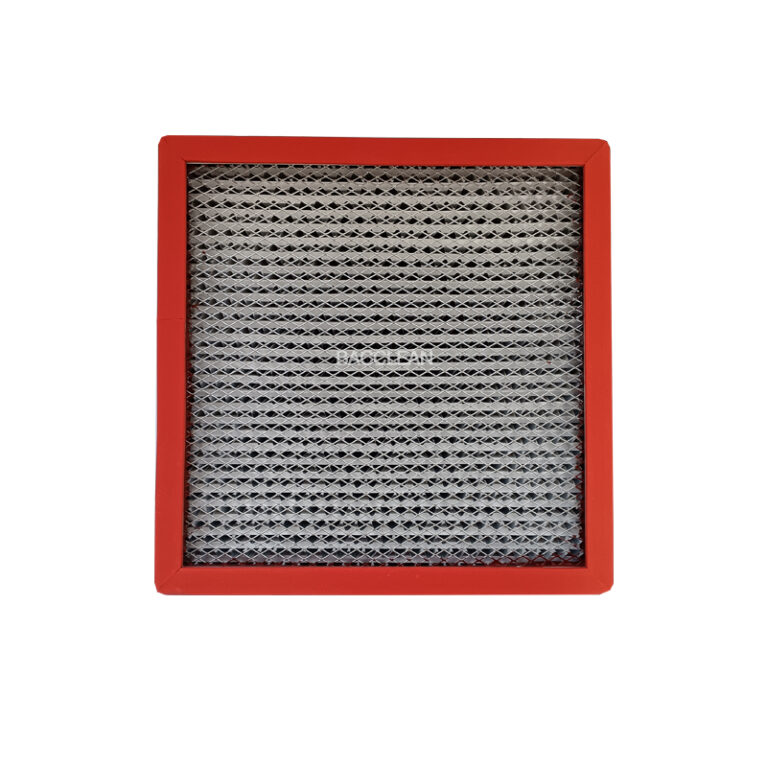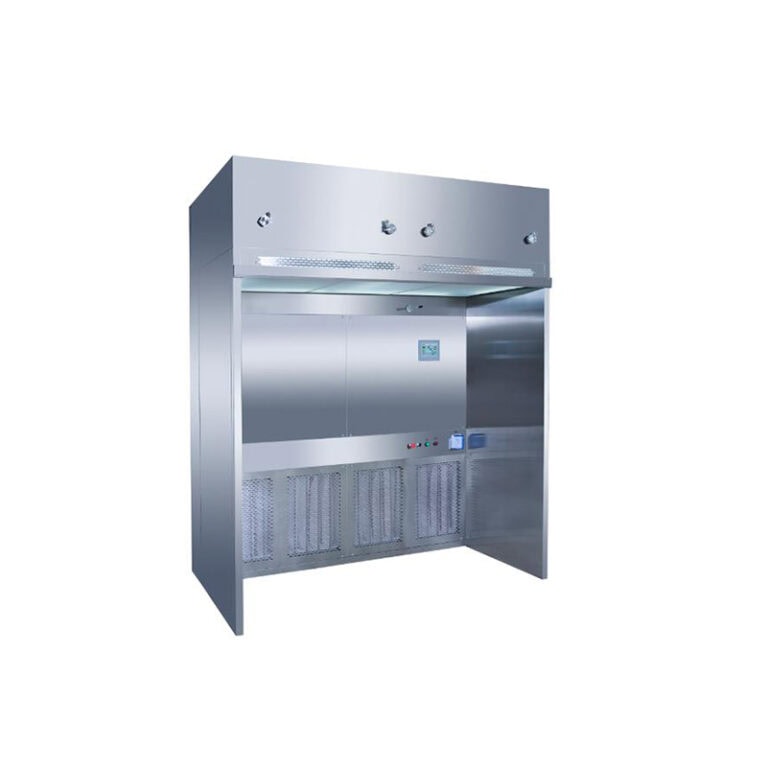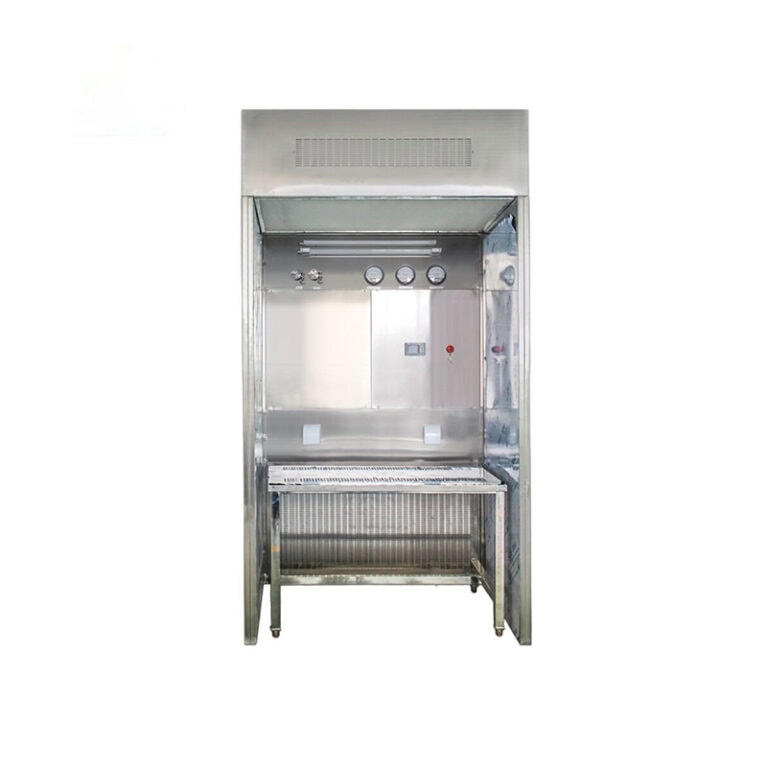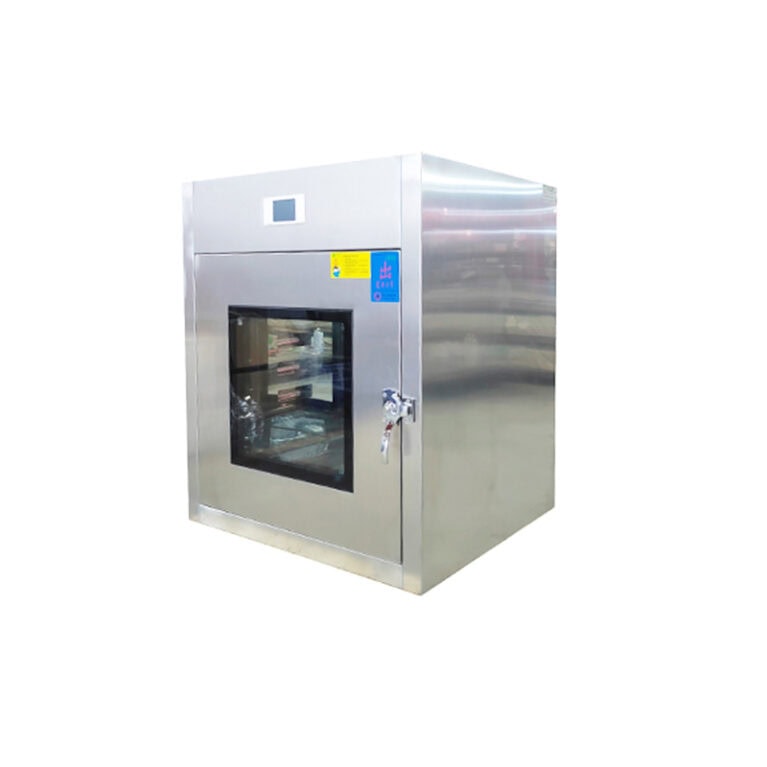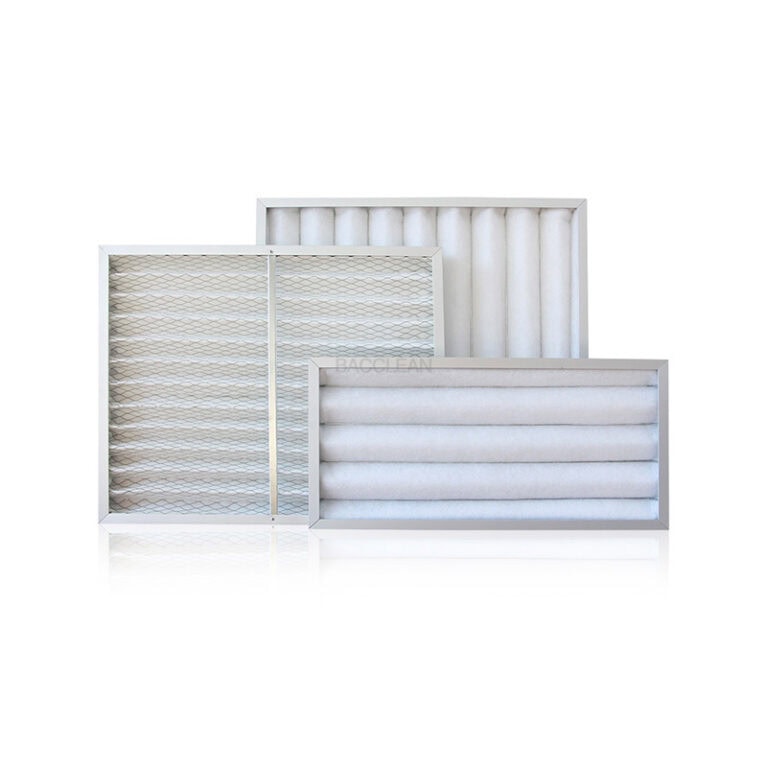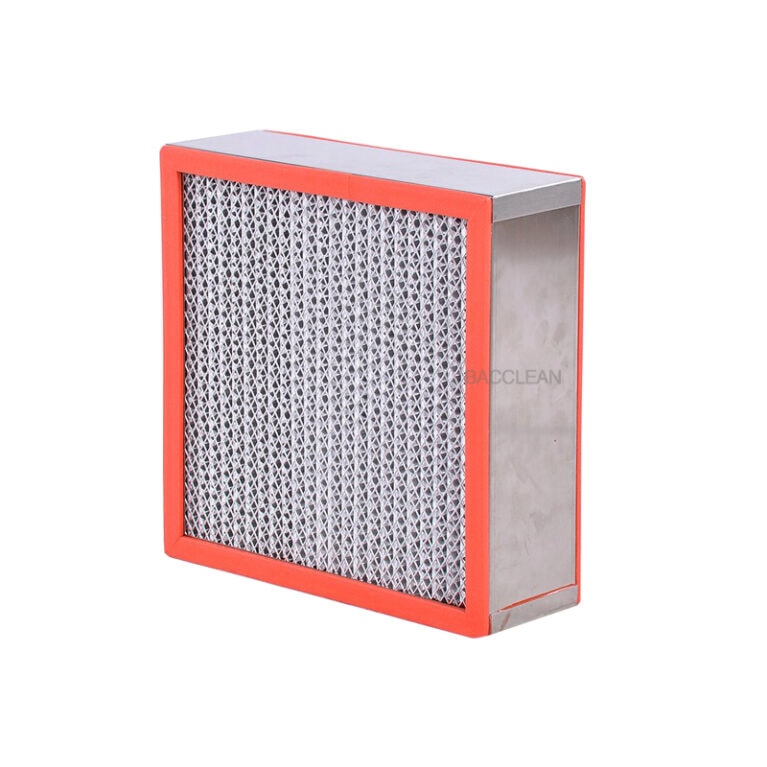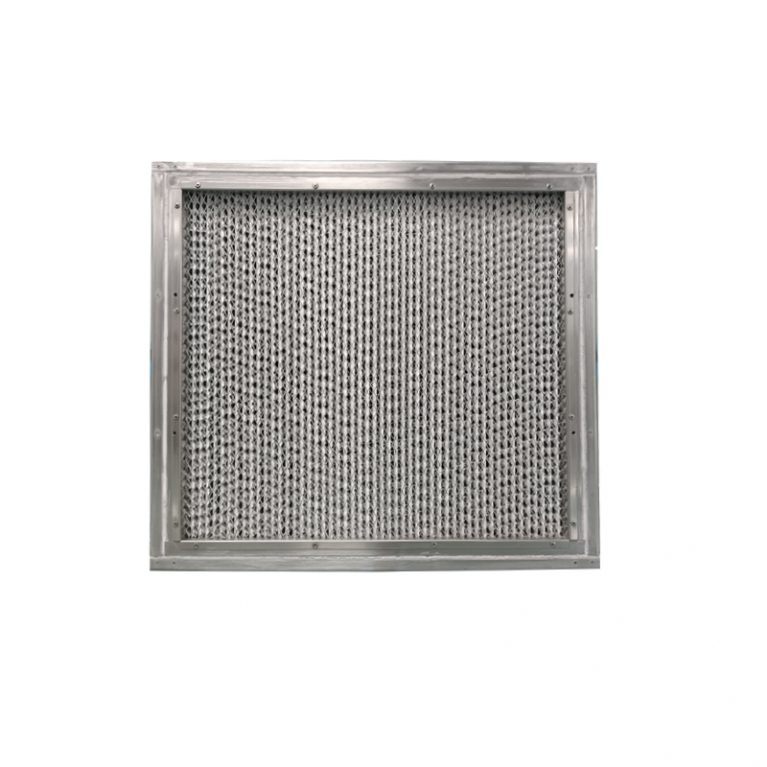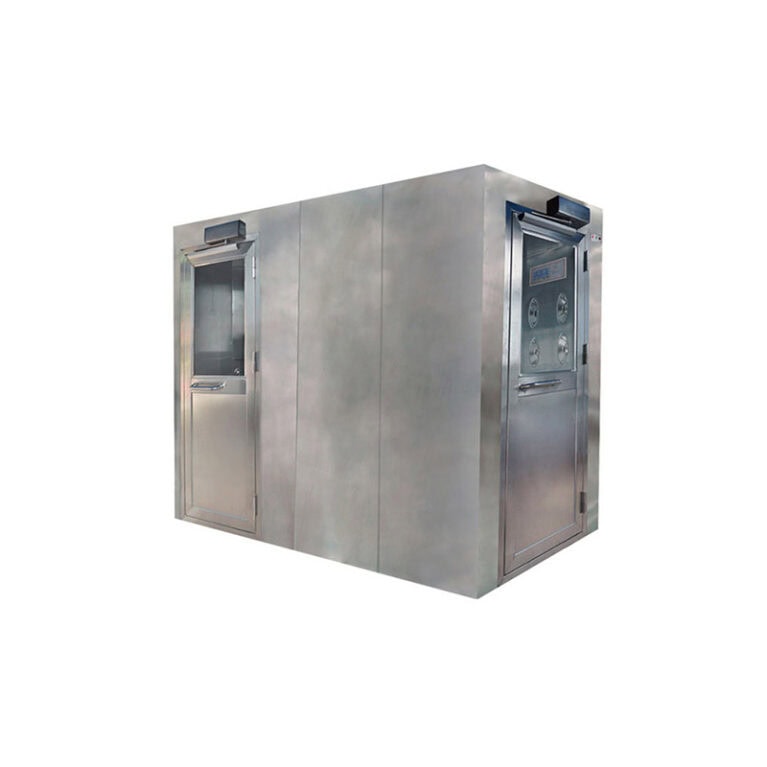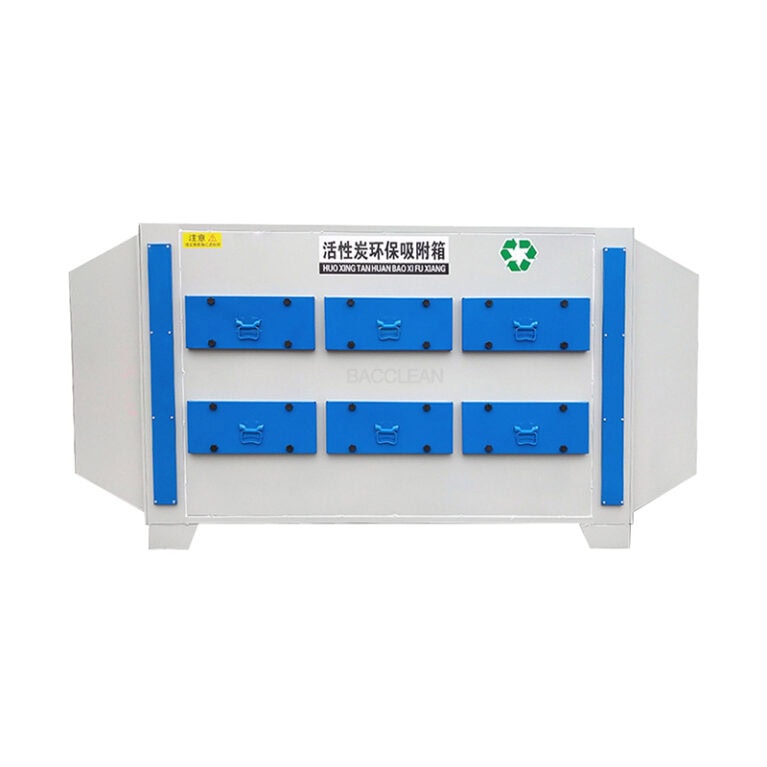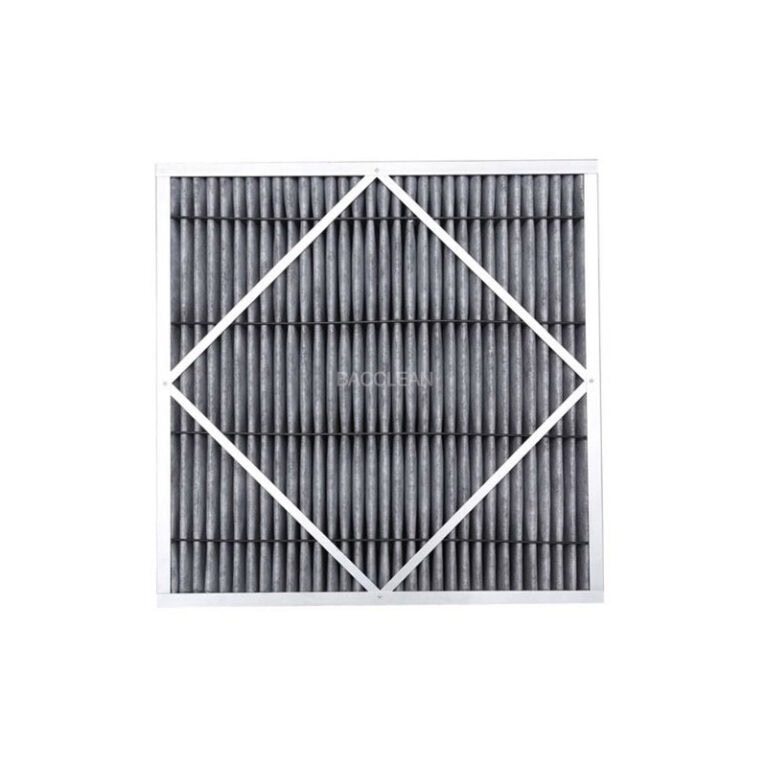La durée de vie des filtres résistants aux hautes températures est influencée par de multiples facteurs et varie considérablement, allant généralement de quelques mois à plusieurs années. Les principaux facteurs d'influence comprennent l'environnement d'utilisation, les caractéristiques du matériau du filtre, les méthodes d'entretien, etc. Une analyse spécifique est présentée ci-dessous :
I. Principaux facteurs d'influence
Température et durée de fonctionnement
Plus la température est élevée, plus la vitesse de vieillissement des matériaux filtrants (tels que la fibre de verre, la céramique et la maille métallique) est rapide. Par exemple, la durée de vie d'un filtre fonctionnant en continu à 300℃ peut être inférieure de 30% à 50% à celle d'un filtre fonctionnant à 150℃.
Un fonctionnement intermittent (8 heures par jour, par exemple) a une durée de vie plus longue qu'un fonctionnement continu pendant 24 heures, car le matériau filtrant dispose d'un temps de "repos" et de refroidissement, ce qui réduit les dommages dus à la fatigue thermique.
Les propriétés du milieu filtrant
Concentration et dureté de la poussière : Les poussières à forte concentration (telles que les gaz de combustion des usines métallurgiques et des chaudières) peuvent rapidement obstruer les matériaux filtrants et réduire leur durée de vie. Les particules dures (telles que les débris métalliques) peuvent user la surface du matériau filtrant et accélérer son endommagement.
Corrosivité : Si le gaz à haute température contient des composants acides ou alcalins (tels que les sulfures et les chlorures dans les gaz résiduaires chimiques), il corrodera le matériau filtrant ou le matériau d'étanchéité, ce qui entraînera la défaillance du matériau filtrant (par exemple, la résistance de la fibre de verre diminue après avoir été corrodée).
Humidité : les environnements à haute température et à forte humidité peuvent provoquer l'humidification et l'encrassement des matériaux filtrants (comme dans les gaz de combustion de la biomasse), ce qui réduit leur perméabilité à l'air et les oblige à être remplacés plus tôt.
Type de matériau filtrant
La résistance à haute température et la résistance au vieillissement des différents matériaux varient considérablement :
Filtre en fibre de verre : Résistant à 260-500℃, avec une durée de vie conventionnelle de 3 à 12 mois (éventuellement plus courte dans les environnements très poussiéreux).
Matériau du filtre en céramique : Il peut supporter des températures allant de 800 à 1200℃, a une forte résistance à la corrosion et à l'usure, et sa durée de vie peut atteindre 1 à 3 ans. Cependant, il est fragile et susceptible d'être endommagé par les vibrations.
Maille métallique/fibre métallique : Résistant à 600-1000℃, lavable et réutilisable. Avec un entretien approprié, sa durée de vie peut atteindre 3 à 5 ans (comme le matériau en acier inoxydable dans un environnement sec et non corrosif).
Matériaux filtrants composites (tels que revêtements résistants aux hautes températures + fibres) : Leur durée de vie se situe entre celle des matériaux individuels, allant généralement de 6 à 24 mois.
Méthodes d'entretien et de nettoyage
La durée de vie des filtres lavables (tels que les filtres à mailles métalliques et les filtres en céramique) peut être prolongée s'ils sont régulièrement soufflés à contre-courant, lavés à l'eau ou nettoyés chimiquement. S'ils ne sont pas nettoyés pendant une longue période, le matériau filtrant peut se colmater et s'endommager en raison d'une pression excessive.
Les types non lavables (tels que la fibre de verre) doivent être remplacés régulièrement. S'ils sont utilisés au-delà de leur capacité de rétention de la poussière, cela peut entraîner une diminution de l'efficacité de la filtration ou une surcharge de l'équipement.
Paramètres de conception et de fonctionnement de l'équipement
Une vitesse d'air de filtration trop élevée accélère l'usure des matériaux filtrants et la pénétration de la poussière. Si la vitesse du vent est trop faible, la poussière risque de s'accumuler, ce qui raccourcira la durée de vie de l'appareil.
Une défaillance de la structure d'étanchéité (telle que le vieillissement de la bague d'étanchéité à haute température) peut entraîner une fuite du fluide non filtré. Bien qu'elle n'affecte pas directement la durée de vie du matériau filtrant, elle oblige à remplacer à l'avance l'ensemble des filtres.
Ii. Références en matière d'espérance de vie pour différents scénarios d'application
Référence pour la plage de température typique des matériaux filtrants courants dans les domaines d'application
Chaudière/incinération des déchets : 300-800℃, fibre de verre, céramique pour 3-12 mois.
Fusion de métaux : 500-1000℃ pour la céramique et la maille métallique, 6-24 mois.
Réaction chimique à haute température 150-400℃ matériaux filtrants composites pour 6-18 mois.
Test de moteur d'aviation : 800-1200℃ fibre métallique pour 1-3 ans (lavable).
Ventilation dans l'atelier de fonderie à 100-300℃ : Maille métallique pour 2-5 ans (lavable).
Iii. Suggestions pour l'allongement de la durée de vie
Contrôler régulièrement la différence de pression avant et après le filtre (lorsque la différence de pression dépasse la valeur initiale de 2 à 3 fois, un nettoyage ou un remplacement est nécessaire).
Pour les environnements très corrosifs, il convient de choisir des matériaux filtrants anticorrosion (tels que des mailles métalliques en alliage de titane et des céramiques résistantes à la corrosion).
Contrôler la vitesse de l'air de filtration dans la plage de conception afin d'éviter un choc thermique soudain (par exemple en installant des dispositifs de préchauffage/refroidissement).
Pour les matériaux filtrants lavables, il convient d'adopter une méthode de nettoyage adaptée au milieu (par exemple, le soufflage de gaz à haute température convient pour les poussières sèches, et le nettoyage chimique convient pour les impuretés collantes).
En conclusion, la durée de vie des filtres résistants aux hautes températures doit être évaluée en fonction des conditions de travail spécifiques. En utilisation réelle, il est recommandé de déterminer le cycle de remplacement en fonction du manuel de l'équipement et des données d'exploitation afin d'éviter une baisse d'efficacité ou un endommagement de l'équipement dû à une utilisation excessive.
